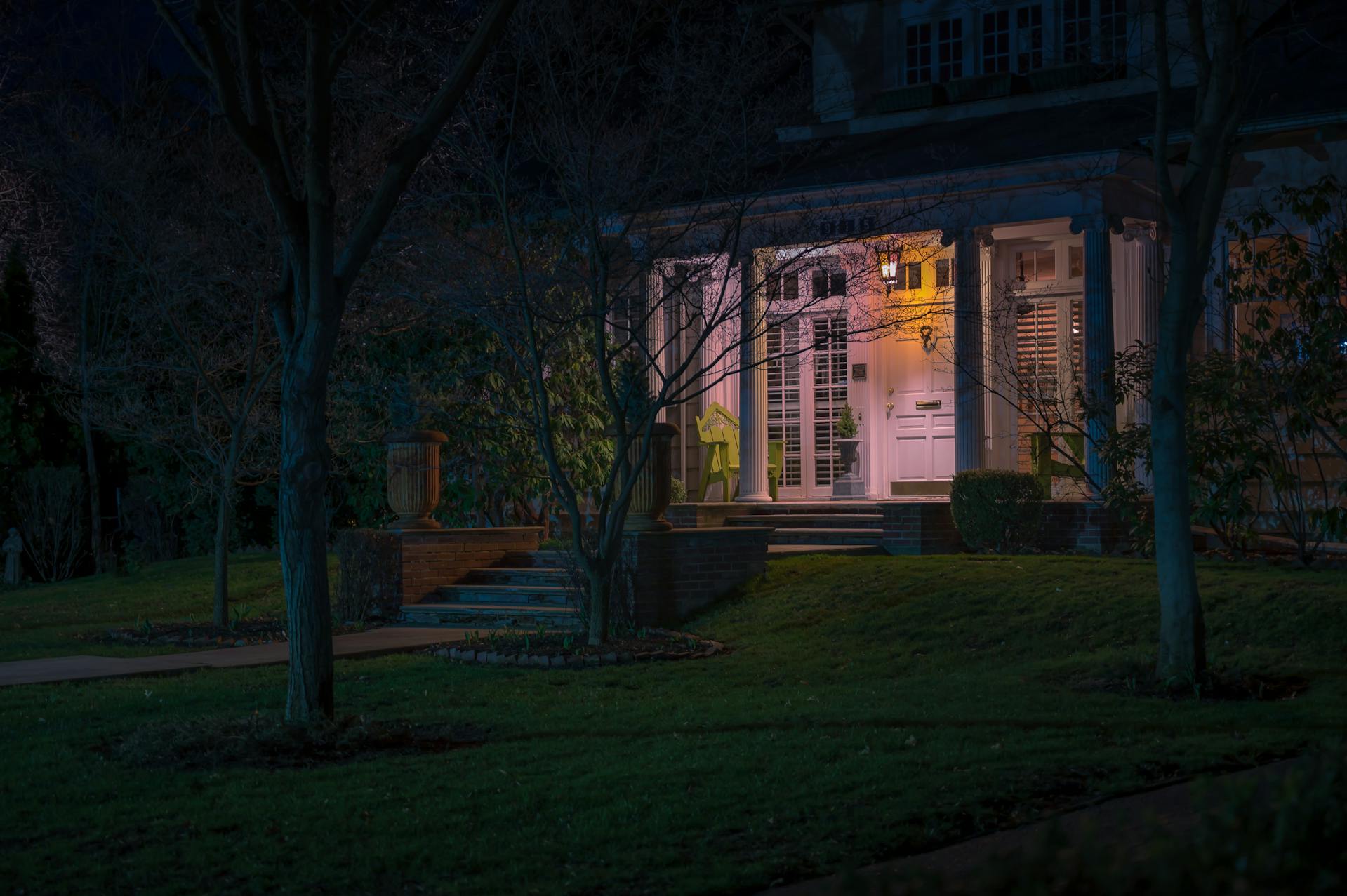

Question: Can Squatters Claim Ownership in Canada?
Answer: For squatters to claim ownership in Canada is extremely difficult, but it’s not impossible. Squatters can potentially gain ownership through adverse possession after fulfilling specific legal requirements over a long period.
Understanding Squatter’s Rights and Adverse Possession
Can squatters claim ownership in Canada? This question often arises in property disputes and carries significant legal weight. While the concept of “squatter’s rights” exists, the reality of acquiring title through adverse possession is complex and challenging. This article examines the legal principles governing adverse possession, dispelling common misconceptions and clarifying the rights of both property owners and those who may occupy land without permission.
Defining Adverse Possession
Adverse possession, often colloquially referred to as “squatter’s rights,” describes a legal principle where someone occupying a property without the owner’s permission can potentially claim legal ownership after a certain period. This principle balances the rights of landowners with the reality of long-term, uninterrupted possession. It encourages the efficient use of land and resolves issues arising from ambiguous or lost ownership records.
Click here for more information on real estate companies in Orangeville
Related Article: What is the Escheatment Law in Ontario?
Related Article: Can I Buy an Abandoned House in Ontario?
Common Misconceptions about Squatters’ Rights
Several misconceptions surround adverse possession. Some believe simply residing on a property for a certain period automatically grants ownership. Others think paying property taxes strengthens a squatter’s claim. Neither of these assumptions is necessarily true. Meeting all the elements of adverse possession is crucial, and paying taxes, while potentially relevant, does not guarantee a successful claim.
Laws vary greatly by province and Ontario has effectively ended squatter’s rights on registered land by updating the Land Titles Act, bringing its property laws in line with contemporary standards.
Another common misconception is that any form of occupation qualifies. Occasional use, such as camping or using a portion of a property sporadically, typically falls short of the “continuous and exclusive” requirements.
Protecting Your Property from Adverse Possession Claims
Property owners can take several steps to protect their land from adverse possession claims:
Regular Inspections:
Regularly inspect your property for signs of unauthorized occupation. Promptly address any instances of trespass.Clear Boundaries:
Maintain clear boundary lines with fences, hedges, or other markers to prevent encroachment.Formal Permission Agreements:
Granting formal permission for any land use, even temporary, creates a record acknowledging the owner’s continuing control and negates the “hostile” element.Legal Action:
Initiate legal action against trespassers promptly. A court order to vacate the property significantly weakens any future claim of adverse possession.
Seeking Legal Advice Regarding Adverse Possession
The intricacies of adverse possession requires expert legal counsel. Whether you are a property owner facing a potential claim or an occupier believing you have a valid claim, consulting with a lawyer specializing in real estate law is critical. They can provide tailored advice based on your specific circumstances, guide you through the legal process, and represent your interests effectively.
Understanding the nuances of adverse possession law helps both landowners protect their rights and prospective claimants understand the requirements for a successful claim. While the possibility of acquiring title through adverse possession exists, it’s a complex legal process with specific requirements that must be met. This information aims to clarify these complexities but does not substitute professional legal advice.
The Role of Registered vs. Unregistered Land
Whether land is registered or unregistered impacts the process of adverse possession. With registered land, the process is generally more complex, and the squatter faces significant hurdles in claiming ownership. Unregistered land might be more susceptible to claims of adverse possession, though the legal requirements remain rigorous. It is important to understand the distinctions and seek expert advice relevant to the specific type of land ownership in question.
Conclusion
The question “Can squatters claim ownership in Canada?” requires a nuanced understanding of adverse possession laws. While not impossible, claiming ownership through this route is challenging and requires meeting specific legal conditions over an extended period. Property owners can implement preventative measures, while potential claimants should seek legal counsel to navigate this complex legal landscape. Ultimately, professional legal advice is essential for both parties in any situation involving adverse possession.
Disclaimer: This blog post is for informational purposes only and does not constitute legal advice. It’s essential to consult with a legal professional for specific guidance regarding property abandonment situations. [ 1 ]
References
1. https://www.bellastaging.ca/blogs/news/understanding-squatters-rights-in-canada-dealing-with-squatters/


